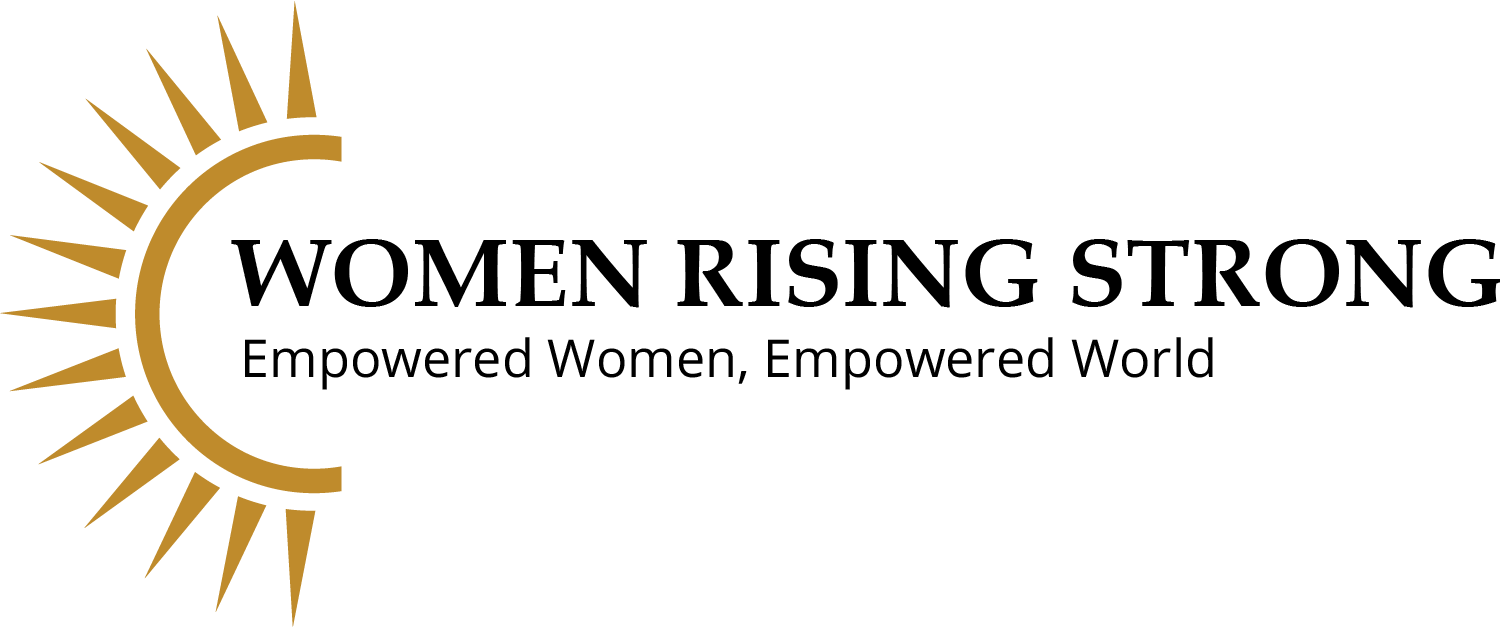Beyond the Hashtag: A Q&A on Tarana Burke
Dear Readers,
This month, as we continue our theme of "Inspiring Neighbor", we spotlight Tarana Burke, a figure whose empathy and activism sparked the global "Me Too" movement. This Q&A session delves into Tarana's motivations, her vision for the movement, and its worldwide impact, emphasizing the theme of solidarity and support in our fight against sexual violence. Tarana's journey aligns perfectly with our monthly theme, showcasing how one person's actions can inspire and mobilize a community towards greater empathy and action.
“The work of ‘Me Too’ is about healing. It’s about healing as individuals and healing as communities.”
Q: Who is Tarana Burke and why is she significant in social justice?
A: Tarana Burke is a prominent activist best known for founding the "Me Too" movement in 2006. Her work has significantly influenced the global conversation on sexual violence, focusing on healing and systemic change, particularly for young women of color. Tarana's initiative seeks to empower survivors of sexual violence and address systemic issues that perpetuate such violence.
Q: What inspired the creation of the "Me Too" movement?
A: The movement was inspired in 1996 when Tarana, working as a youth camp director, was approached by a young girl named Heaven who confided in her about experiencing sexual abuse. This interaction left Burke feeling deeply moved and regretful that she couldn't respond with her own "me too" at the time, reflecting her shared experience of sexual violence. Motivated by this encounter, Tarana aimed to create a movement that provided empathy and support for survivors, particularly young women of color, encouraging a community where their stories could be shared and validated.
"‘Me Too’ became the way to succinctly and powerfully connect with other people and give people permission to start their journey to heal."
- Tarana Burke
Q: How does the "Me Too" movement differ from its viral hashtag version in 2017?
A: While the viral hashtag in 2017 brought widespread attention to the issue of sexual violence, Tarana's original vision for the "Me Too" movement was more focused on long-term healing, empowerment, and systemic change. The original movement prioritized creating resources and support for survivors, especially those in marginalized communities, and aimed at addressing the root causes of sexual violence.
“Me Too, in a lot of ways, is about agency. It’s not about giving up your agency, it’s about claiming it.”
Q: What challenges did the "Me Too" movement face as it gained global traction?
A: As the movement went viral, it faced challenges in maintaining its original focus and depth. The widespread attention sometimes overshadowed its grassroots origins and comprehensive approach to combating sexual violence beyond just sharing stories on social media. Tarana has emphasized the importance of keeping the movement's goals centered on healing and systemic change.
“If we’re ever going to heal in our community, we have to heal the perpetrators and heal the survivors, or else it’s just a continuous cycle.”
Q: What are some of Tarana’s contributions to social justice beyond the “Me Too” movement?
A: Beyond "Me Too," Tarana has a long history of activism, including working to end racial discrimination, economic injustice, and supporting survivors of sexual violence through community organizing and advocacy. Her work has been recognized globally, including being named Time Person of the Year in 2017 among "the silence breakers."
"Everybody has a lane. Everybody has something that they can contribute."
- Tarana Burke
Q: How does Tarana Burke envision the future of the "Me Too" movement?
A: Tarana hopes the movement will continue to focus on survivors and systemic change rather than the perpetrators. She aims for a future where the movement builds a global community that guides survivors through their healing process and works towards a world where no one will ever have to say "me too" again.
“The movement is about people owning their truth and releasing the shame associated with sexual violence. That is not a NEW concept. What’s new is that there is some accountability now.”
Now, we turn to you: Who is your inspiring neighbor? Who in your community embodies the spirit of change and upliftment that Tarana Burke represents?
Share their stories with us, and join us in honoring those who, like Tarana, aim to empower and inspire.
In unity and with a shared commitment to change,
S.A. Sterling
References:
- National Women’s History Museum. (n.d.). Tarana Burke. Retrieved from https://www.womenshistory.org/education-resources/biographies/tarana-burke
- Me Too Movement. (n.d.). Get to Know Us: Tarana Burke, Founder. Retrieved from https://metoomvmt.org/get-to-know-us/tarana-burke-founder/
- Me Too Movement. (n.d.). Get to Know Us: History & Inception. Retrieved from https://metoomvmt.org/get-to-know-us/history-inception/
- Amnesty International. (2018, August). Tarana Burke: Me Too. Retrieved from https://www.amnesty.org/en/latest/news/2018/08/tarana-burke-me-too/
- The 19th. (2022, October). Tarana Burke on #MeToo progress and reframing the future. Retrieved from https://19thnews.org/2022/10/tarana-burke-me-too-movement-success-future/
- Wikipedia. (n.d.). Tarana Burke. Retrieved from https://en.wikipedia.org/wiki/Tarana_Burke






